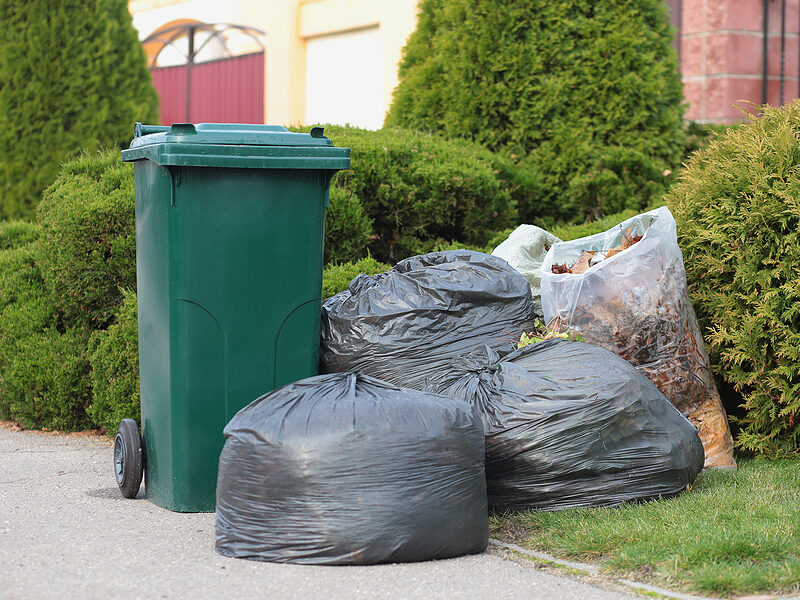
Plastic is one of the most versatile man-materials available today. It can be formed into almost any shape, from high-strength polymers to the flexible plastic bags we use daily. While these latter products have fallen in favour for a while now, many countries like Singapore continue to rely on plastic carrier bags due to their cost-effectiveness, durability, and convenience.
Nevertheless, the fact remains that these bags pose a detrimental impact on our environment once they are disposed of, from endangering marine life to disrupting the overall ecological balance. Such harmful consequences have led many concerned citizens and environmental activists to adopt more environmentally friendly practices and plastic alternatives, such as paper and cotton bags.
Why Plastic Bags can be Sustainable
At a glance, these biodegradable and often reusable bags seem better for the environment; paper bags decompose more quickly and easily than plastic bags, while cotton bags can be reused indefinitely with proper care. However, when choosing to go green, it is best to view one’s choices and actions from a bigger picture. That is, when opting for plastic alternatives, one should also look into the environmental impact of their entire lifecycle (from production to disposal).
Any form of industrial activity affects the environment, and there are many ways of measuring the environmental performance of the different processes and products associated with such activities, such as through a Life Cycle Assessment (LCA). One of the environmental impact categories included in an LCA is the Global Warming Potential (GWP), which essentially describes how much global warming a given amount and type of greenhouse gas may cause.
According to research conducted by the Nanyang Technological University, plastic carrier bags are less detrimental to the environment than paper bags in certain cities like Singapore and Tokyo, where incineration is part of its waste management structure. Based on their findings, a single-use kraft paper bag’s Global Warming Potential (GWP) is 80 times greater than a single-use plastic bag in this context.
The study found that high-density polyethylene plastic (HDPE) plastic bags have the smallest ecological footprint, resulting in fewer carbon emissions, waste, and harmful production byproducts despite using resources like petroleum. Moreover, if an HDPE plastic bag is reused four times, such as bagged from the store to be reused as a trash bag, it can offset the carbon emission equivalent to the production of a single-use plastic bag. And since bagging waste in plastic bags is a deeply ingrained habit among Singaporeans, achieving this re-usage goal is hardly difficult.
Overall, the study’s main takeaway is that reusable plastic bags are the best option for sustainability, provided that they are reused many times, ideally over 50 times. Moreover, single-use plastic bags are less environmentally detrimental than paper and cotton bags, but only if they are treated properly afterwards.
Conclusion
As Singapore’s leading eco-friendly garbage and plastic bag supplier, Allswell Polythene is all for doing our part for the environment. We believe that plastic bags are still the best option for many use cases in everyday life while also being sustainable, as backed by the research above. Whether you need a carrier for products or trash disposal, our wholesale plastic bags in Singapore, made from high-quality materials and renewable resources, are guaranteed to meet your needs while reducing your overall carbon footprint.
